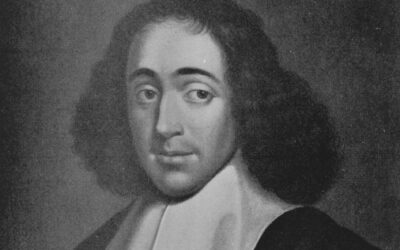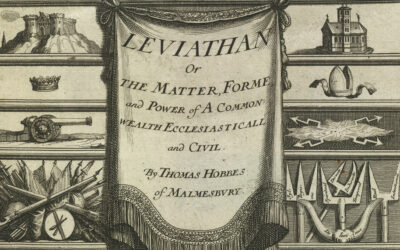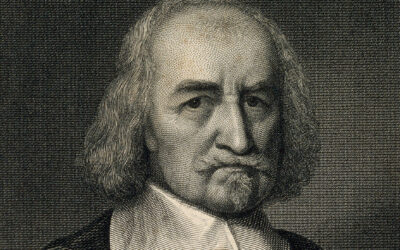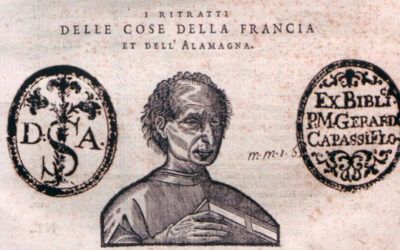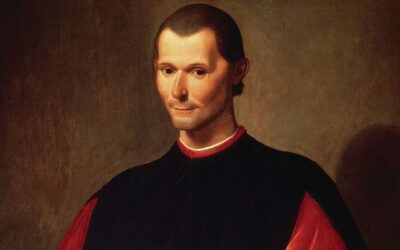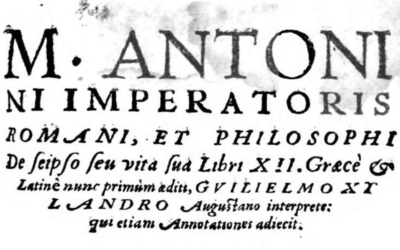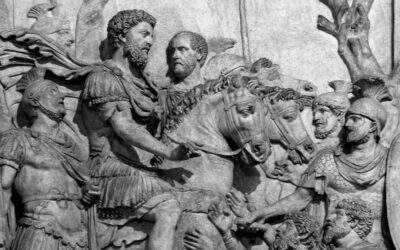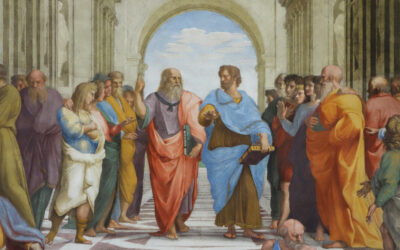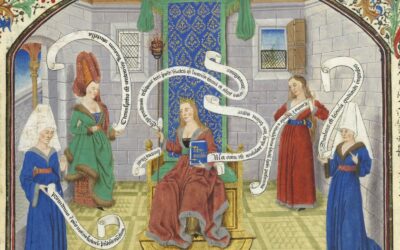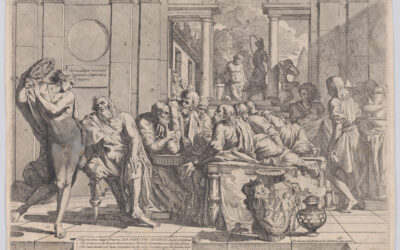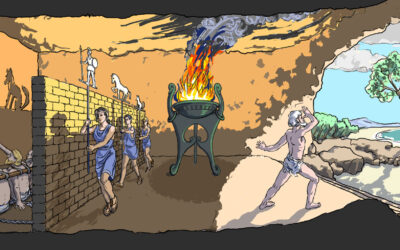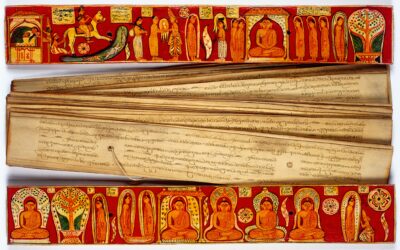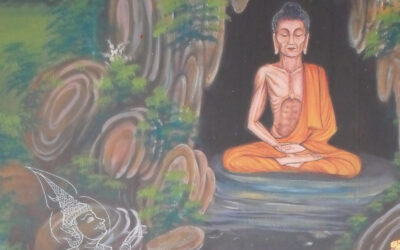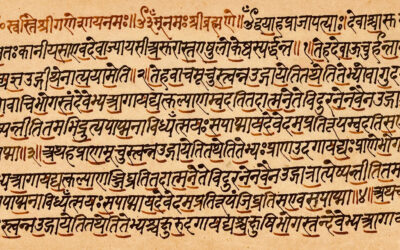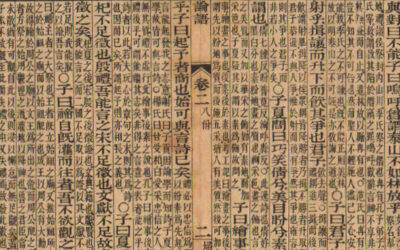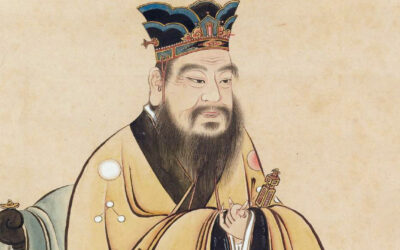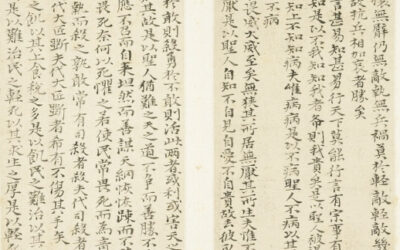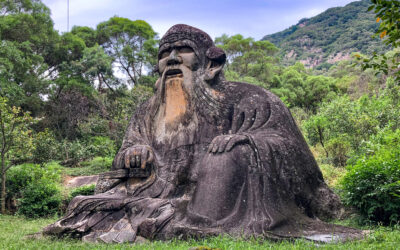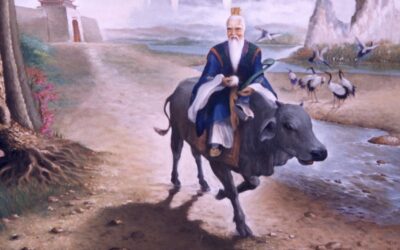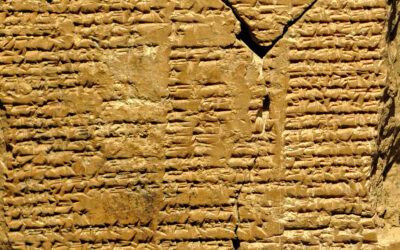Notecards
Baruch Spinoza
Baruch Spinoza (1632-1677) was a Dutch philosopher of Portuguese Sephardic Jewish origin. He is considered one of the great rationalists of the 17th century and is known for his contributions to metaphysics, epistemology, political philosophy, and ethics. Spinoza's...
Leviathan – Thomas Hobbes
Leviathan is a political treatise written by the English philosopher Thomas Hobbes and published in 1651. It is one of the most influential works of political philosophy in the Western tradition and is regarded as a cornerstone of modern political theory. In...
Thomas Hobbes
Thomas Hobbes (1588-1679) was an English philosopher, best known for his political philosophy and social contract theory. He is often considered one of the founders of modern political philosophy and his ideas have had a significant influence on Western political...
The Prince – Niccolo Machiavelli
The Prince is a 16th-century political treatise written by Niccolò Machiavelli, an Italian diplomat and political theorist. The Prince is one of the most influential works of political philosophy ever written, and it continues to be studied and debated today. The...
Niccolò Machiavelli
Niccolò Machiavelli (1469-1527) was an Italian Renaissance political philosopher and statesman. He is best known for his book The Prince, which is considered one of the most influential works of political philosophy ever written.
Meditations – Marcus Aurelius
"Meditations" is a collection of personal writings by the Roman emperor Marcus Aurelius, who ruled from 161-180 CE. The book is considered one of the greatest works of Stoic philosophy and has had a profound influence on Western thought. The book is composed of 12...
Marcus Aurelius
Marcus Aurelius (121 – 180 AD) was a Roman Emperor who ruled from 161 until his death in 180 AD. He is widely regarded as one of the most important Stoic philosophers, as well as a key figure in Roman history. Born into an aristocratic family in Rome, Marcus Aurelius...
Aristotle
Aristotle was a Greek philosopher and polymath during the Classical period in Ancient Greece. Taught by Plato, he was the founder of the Lyceum, the Peripatetic school of philosophy, and the Aristotelian tradition. His writings cover many subjects including physics,...
Nicomachean Ethics – Aristotle
The Nicomachean Ethics is one of Aristotle's most important works and is considered a foundational text of Western ethics. In it, Aristotle argues that the highest good for humans is eudaimonia, which he defines as "activity of the soul in accordance with virtue." He...
Plato
Plato was an Athenian philosopher during the Classical period in Ancient Greece. He was a student of Socrates and the founder of the Academy, the first institution of higher learning in the Western world. Plato's writings have exerted a tremendous influence on almost...
The Republic – Plato
Plato's Republic is one of the most influential works of philosophy ever written. In it, Plato explores the nature of justice, the ideal society, and the soul. He argues that justice is not simply a matter of following the laws, but is also a matter of living in...
Dhammapada
The Dhammapada is a collection of 423 verses or stanzas that form a part of the Sutta Pitaka of the Buddhist canon. The verses are written in the form of a dialogue between the Buddha and his disciples, and they cover a wide range of topics, including the nature of...
Siddhartha Gautama Buddha
Siddhartha Gautama, also known as the Buddha or Shakyamuni Buddha, was a spiritual teacher who lived in ancient India around the 6th century BCE. Born into a royal family in the Shakya clan, in what is now Nepal, he was raised in luxury and shielded from the harsh...
Upanishads
The Upanishads are a collection of ancient Hindu philosophical texts that form the basis of Hinduism and have had a profound influence on Indian philosophy and culture. They were composed between 800 BCE and 500 BCE, although some parts may date back even further. The...
Analects – Confucius
The Analects is a collection of sayings and teachings attributed to the Chinese philosopher Confucius and his disciples, compiled over a period of several centuries after his death. It is one of the most important works in the Chinese philosophical tradition, and has...
Confucius
K’ung-fu-tze—K’ung the Master, as his pupils called K’ung Ch’iu—was born at Ch’ufu, in the then kingdom of Lu and the present province of Shantung, in the year 551 B.C. His father was seventy years old when K’ung was born, and died when the boy was three. Confucius...
The Tao Te Ching – Lao Tzu
Tao Te Ching is a classic Chinese text that presents the philosophy of Taoism, which emphasizes living in harmony with the natural world. The book is composed of 81 short chapters that contain poetic and metaphorical verses, providing guidance on how to live a simple...
Lao Tzu (Laozi)
Lao Tzu was a Chinese philosopher and poet who is believed to have lived in the 6th century BCE. He is considered the founder of Taoism, a philosophy and religious tradition that emphasizes living in harmony with the natural order of the universe, or the Tao....
Laozi Lao-tzu
Lao-tze, greatest of the pre-Confucian philosophers, was wiser than Teng Shih; he knew the wisdom of silence, and lived, we may be sure, to a ripe old age—though we are not sure that he lived at all. The Chinese historian, Szuma Ch’ien, tells how Lao-tze, disgusted...
The epic of Gilgamesh
The Epic of Gilgamesh is an ancient Mesopotamian epic poem that explores the themes of mortality, heroism, and the search for meaning in life. The story follows the journey of Gilgamesh, a powerful king who embarks on a quest for immortality after the death of his...
